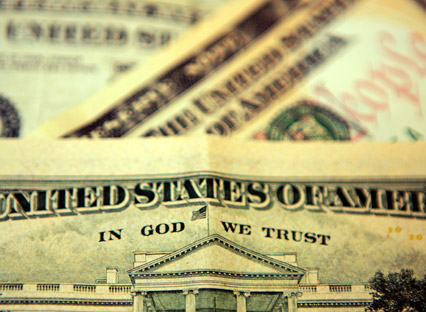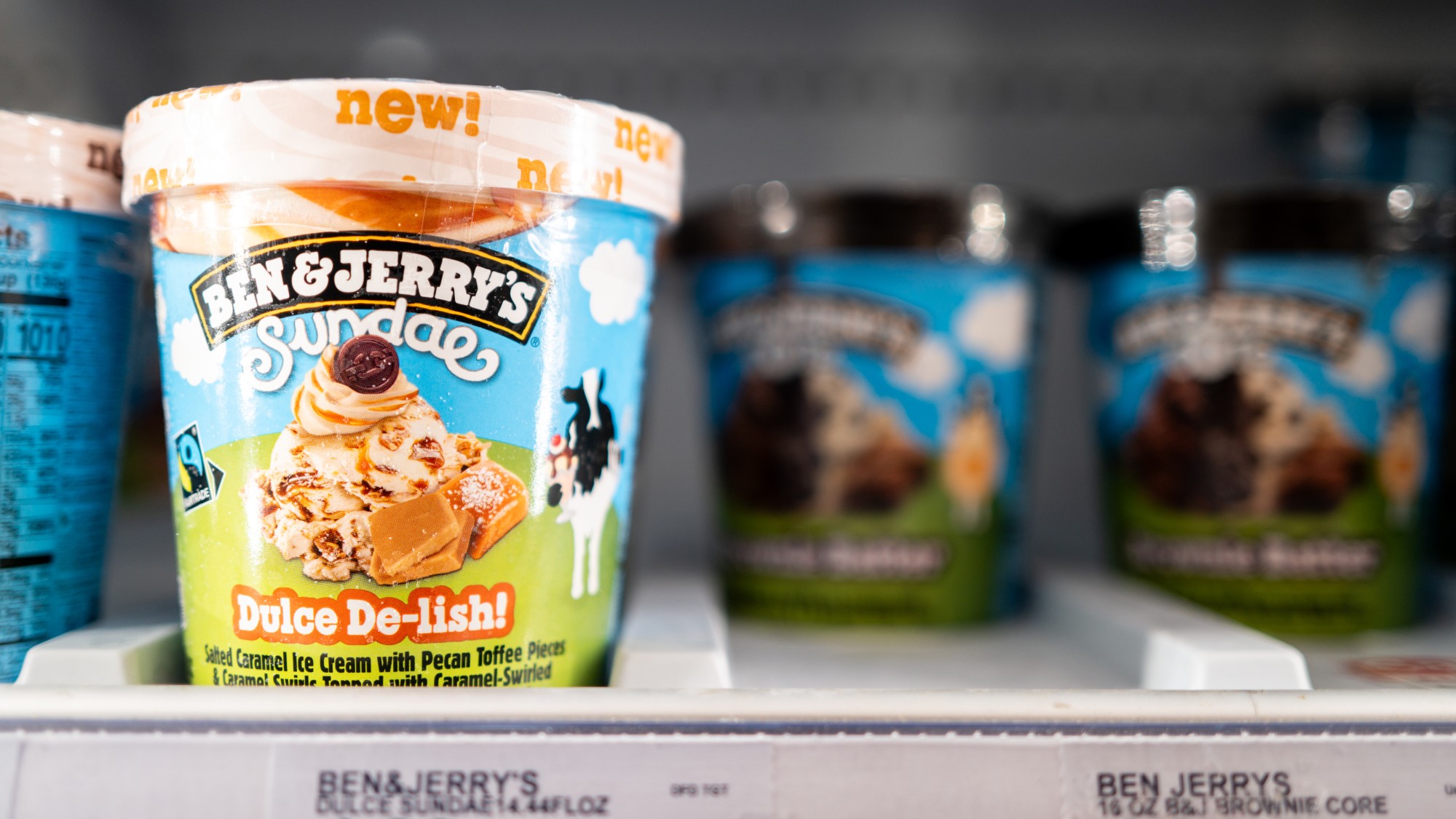Is the US on the brink of recession?
Trump dismisses warnings, but markets and analysts believe slump is near

A free daily email with the biggest news stories of the day – and the best features from TheWeek.com
You are now subscribed
Your newsletter sign-up was successful
President Donald Trump has dismissed warnings that the US could be close to a recession, insisting the economy is doing “tremendously well”.
Last week, financial markets indicated a recession - when an economy shrinks for two consecutive quarters - could be on the cards, when it became cheaper for the US government to borrow for ten years, rather than two.
As the BBC points out, this phenomenon - known as an “inverted yield curve” - is frequently a harbinger of recession, or at least a significant slowdown in economic growth.
The Week
Escape your echo chamber. Get the facts behind the news, plus analysis from multiple perspectives.

Sign up for The Week's Free Newsletters
From our morning news briefing to a weekly Good News Newsletter, get the best of The Week delivered directly to your inbox.
From our morning news briefing to a weekly Good News Newsletter, get the best of The Week delivered directly to your inbox.
Furthermore, a study released yesterday showed that a majority of economists polled by the National Association for Business Economists expect a recession in the US within the next two years.
The economists “have previously expressed concern that Trump’s tariffs and higher budget deficits could eventually dampen the economy”, the Associated Press reports.
However, the US president was having none of it, telling reporters: “I don't see a recession. The world is in recession right now.
“We're doing tremendously well, our consumers are rich, I gave a tremendous tax cut, and they're loaded up with money.”
A free daily email with the biggest news stories of the day – and the best features from TheWeek.com
He added: “Most economists actually say we are not going to have a recession. Most of them are saying we will not have a recession, but the rest of the world is not doing well like we are doing.”
The New York Times says that Trump has privately expressed concerns that opponents are exaggerating the prospects of an economic slump to damage his re-election chances.
Earlier, the White House’s economic adviser, Larry Kudlow, had insisted that there was “no recession in sight”.
Kudlow added: “Consumers are working. Their wages are rising. They are spending and they are saving.”
Whether imminent or not, many believe a downturn is inevitable if Trump continues to back punishing trade tariffs on major US trade partners like China and the EU.
Writing for The Independent, Max Burns argues that “the US is being pushed towards recession – and it's totally unclear whether Trump understands what he's done”.
-
 Why is the Trump administration talking about ‘Western civilization’?
Why is the Trump administration talking about ‘Western civilization’?Talking Points Rubio says Europe, US bonded by religion and ancestry
-
 Quentin Deranque: a student’s death energizes the French far right
Quentin Deranque: a student’s death energizes the French far rightIN THE SPOTLIGHT Reactions to the violent killing of an ultraconservative activist offer a glimpse at the culture wars roiling France ahead of next year’s elections
-
 Secured vs. unsecured loans: how do they differ and which is better?
Secured vs. unsecured loans: how do they differ and which is better?the explainer They are distinguished by the level of risk and the inclusion of collateral
-
 Currencies: Why Trump wants a weak dollar
Currencies: Why Trump wants a weak dollarFeature The dollar has fallen 12% since Trump took office
-
 Is the US in a hiring recession?
Is the US in a hiring recession?Today's Big Question The economy is growing. Job openings are not.
-
 TikTok: New owners, same risks
TikTok: New owners, same risksFeature What are Larry Ellison’s plans for TikTok US?
-
 Trump wants a weaker dollar, but economists aren’t so sure
Trump wants a weaker dollar, but economists aren’t so sureTalking Points A weaker dollar can make imports more expensive but also boost gold
-
 Leadership: A conspicuous silence from CEOs
Leadership: A conspicuous silence from CEOsFeature CEOs were more vocal during Trump’s first term
-
 The end for central bank independence?
The end for central bank independence?The Explainer Trump’s war on the US Federal Reserve comes at a moment of global weakening in central bank authority
-
 Can Trump make single-family homes affordable by banning big investors?
Can Trump make single-family homes affordable by banning big investors?Talking Points Wall Street takes the blame
-
 Phish food for thought: Ben & Jerry’s political turmoil
Phish food for thought: Ben & Jerry’s political turmoilIn the Spotlight War of words over brand activism threatens to ‘overshadow’ the big ice cream deal